Adolescents' resilience, resourcefulness, and energy should be mobilized to address their unique sexual and reproductive health needs and vulnerabilities.
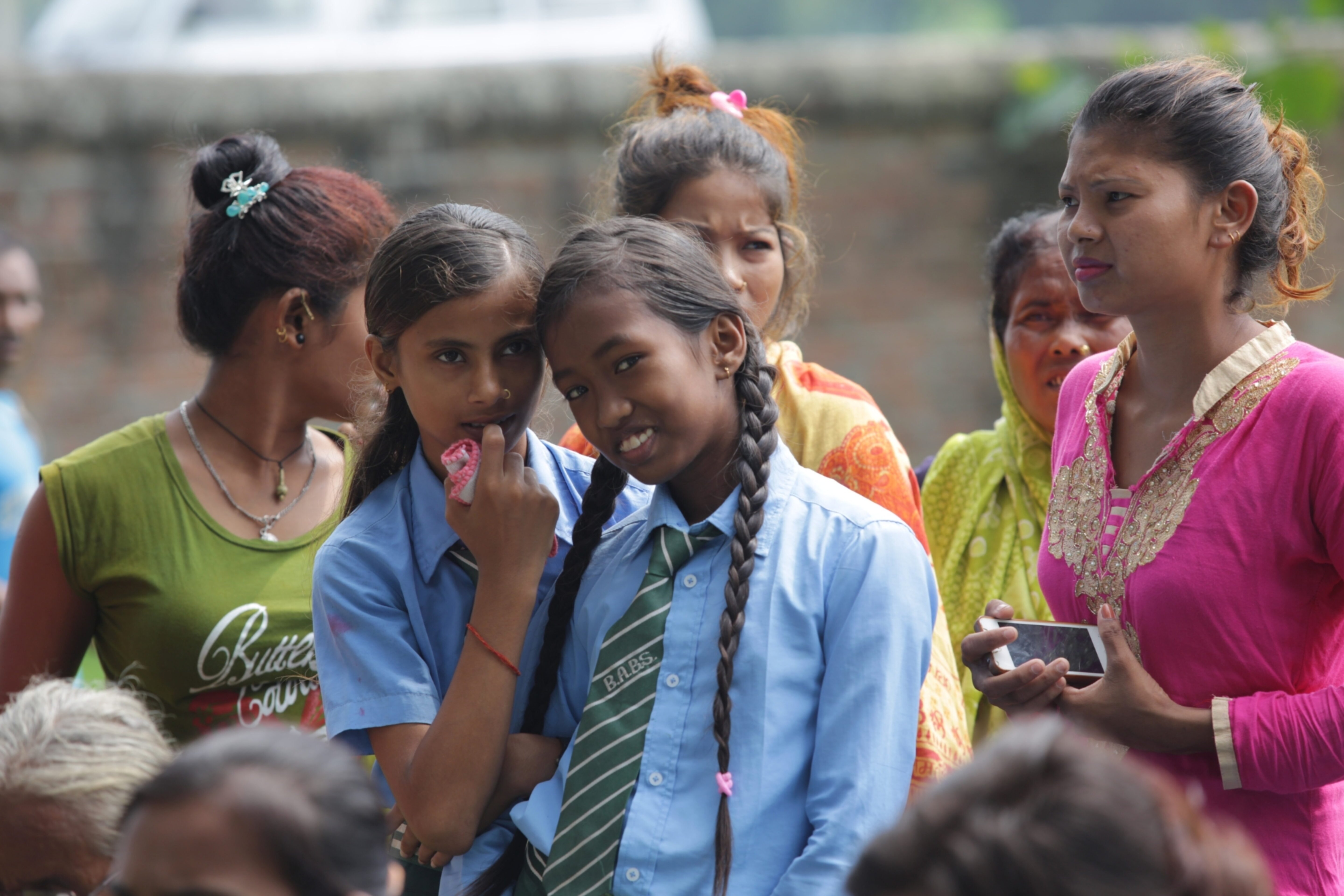
IPPF / Tom Pilston
Adolescents' resilience, resourcefulness, and energy should be mobilized to address their unique sexual and reproductive health needs and vulnerabilities.

IPPF / Tom Pilston
Advocating for the inclusion of sexual and reproductive health in humanitarian settings and crisis-affected persons in global development agendas.
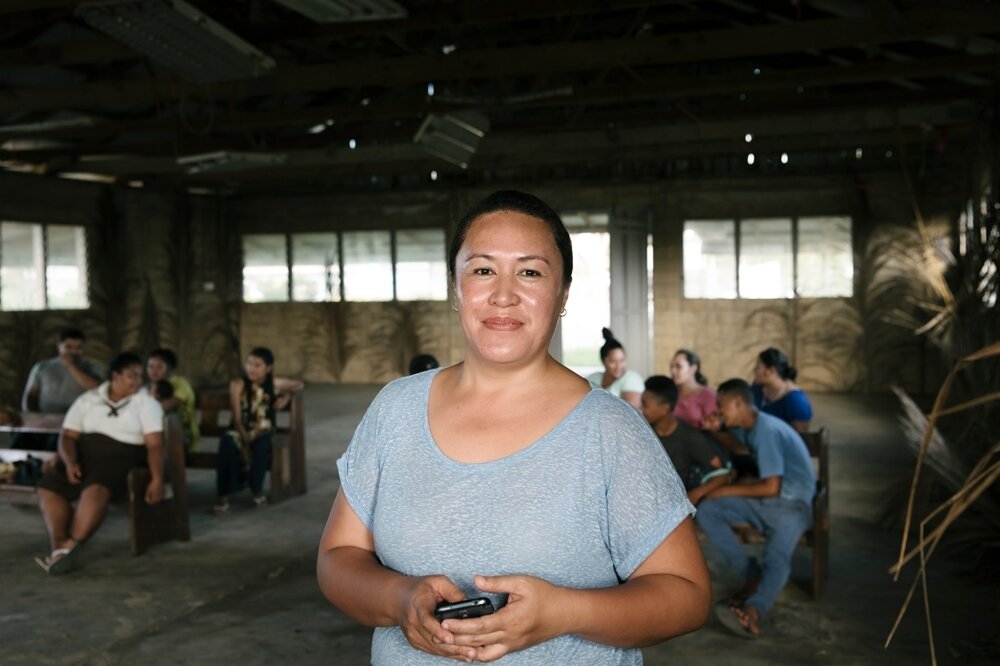
IPPF / Alana Holmberg
Limited access to contraception, delaying childbearing because of lack of security, and rape contribute to a higher risk of unintended pregnancy and unsafe abortion in humanitarian settings.
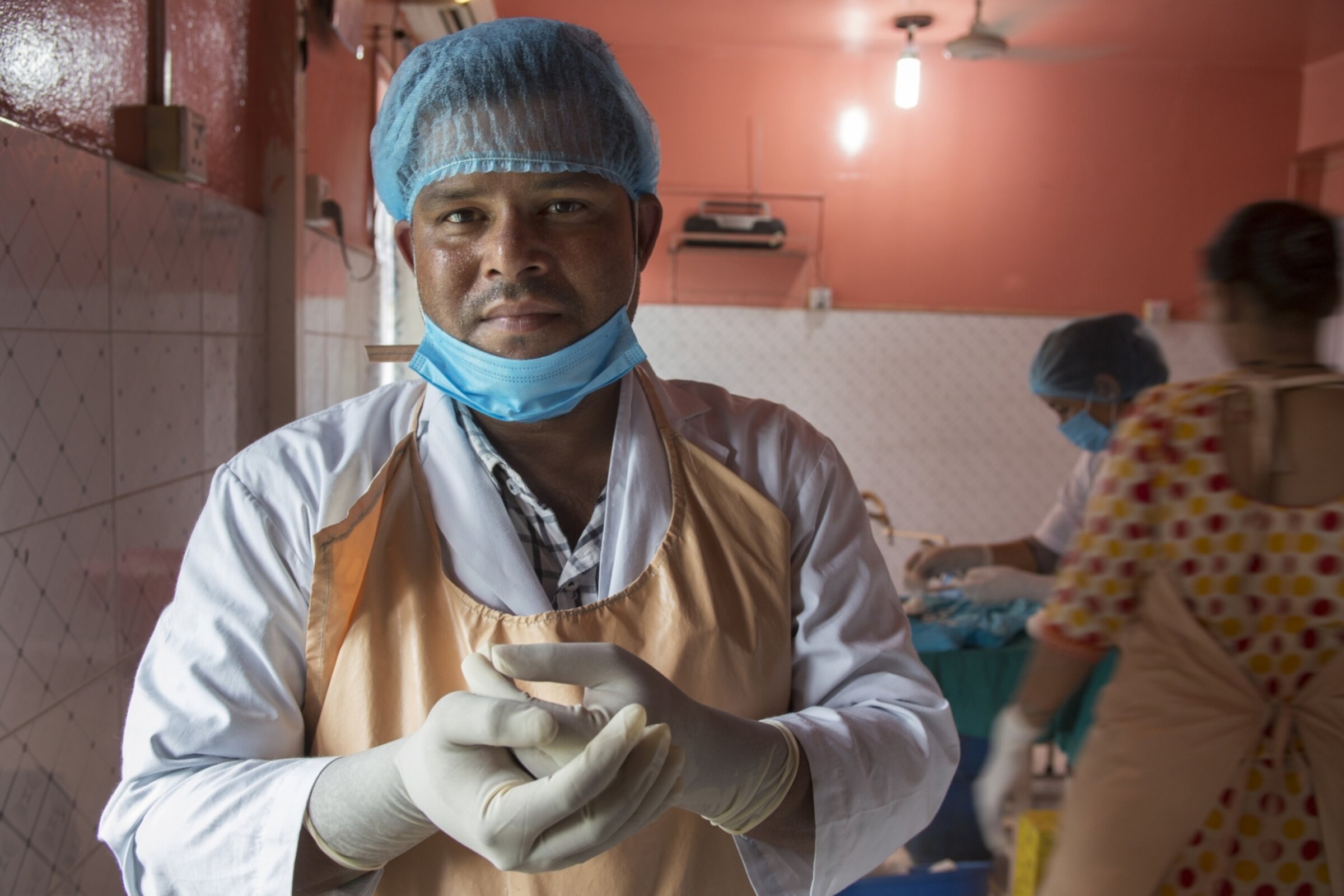
IPPF / Tom Pilston
Identifying gaps in the evidence base for sexual and reproductive health (SRH) in humanitarian settings, undertaking research, and disseminating the latest research, data, and reports.

IPPF / Mustafa Quraishi
Gender-based violence (GBV) refers to harmful acts based on a person’s gender. It includes threats, coercion, and acts of physical, sexual, or mental harm.
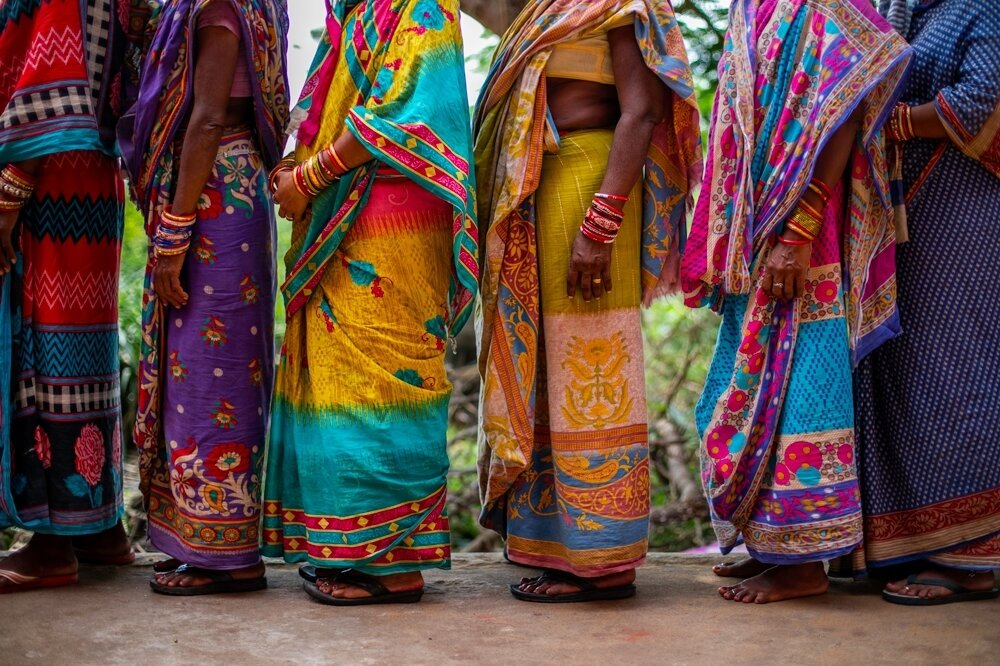
IPPF / Kathleen Prior
Improve SRH self-care evidence, policy and practice in fragile and humanitarian settings.
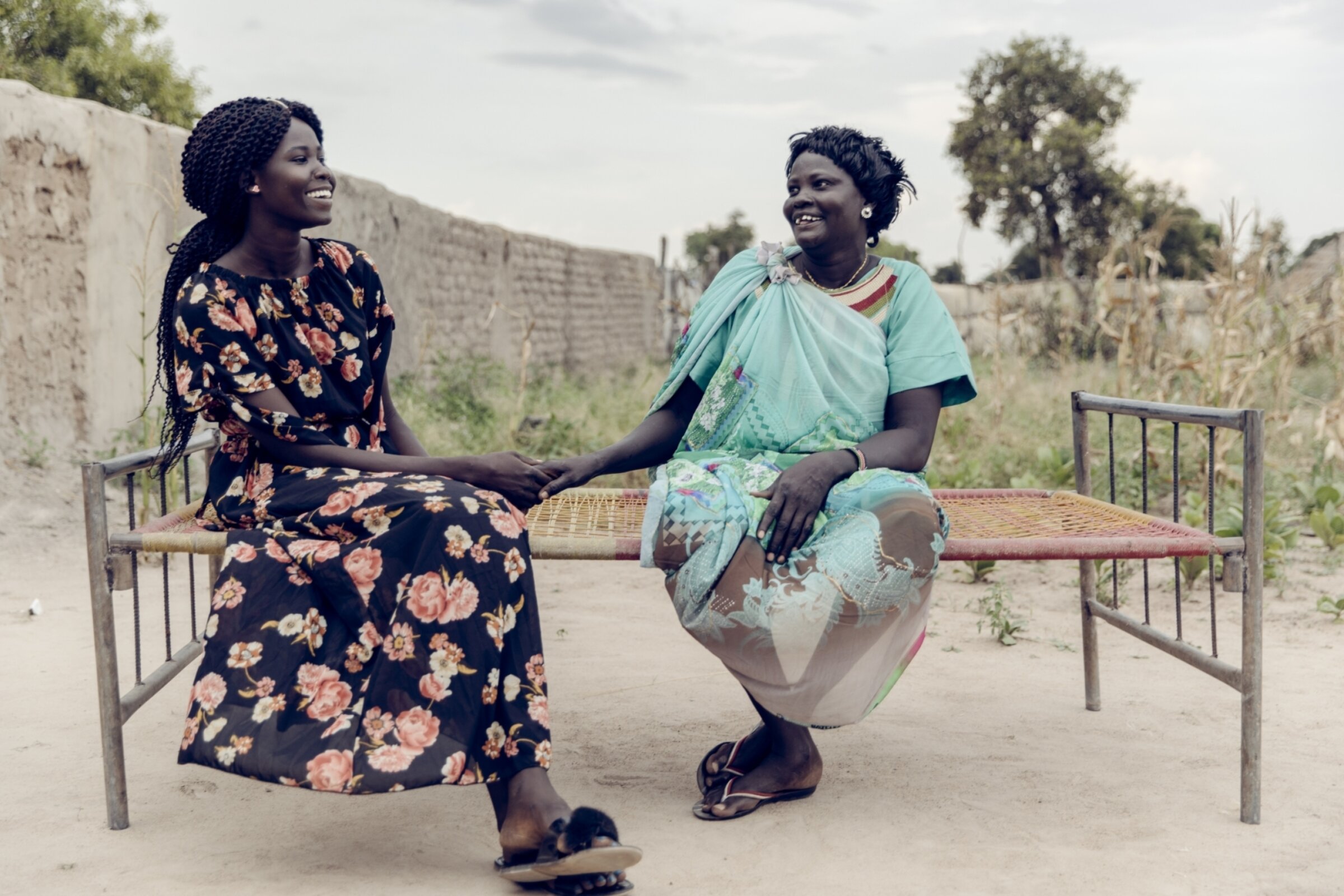
IRC / Adrienne Surprenant
Providing a tailored response to the unique needs of LGBTQIA+ individuals in humanitarian settings, including a heightened risk of sexual violence, abuse, exploitation, and harassment.

IPPF / Ellena Ashley Williams
Preventing maternal and newborn mortality with quality, respectful, and dignified care from pregnancy through the postpartum period.
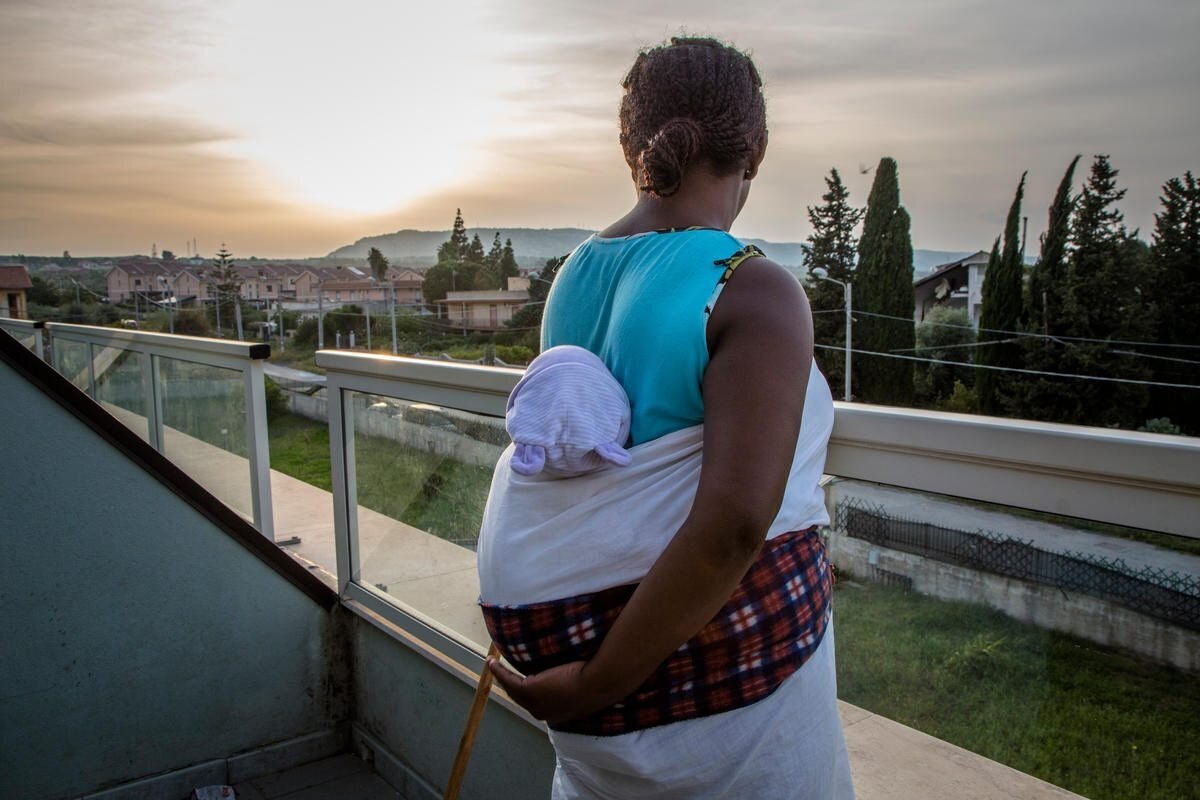
Save the Children / Jonathan Hyams
In humanitarian settings the risk of STI and HIV transmission may be higher due to sexual violence, sex work, alcohol and drug use, limited access to condoms.
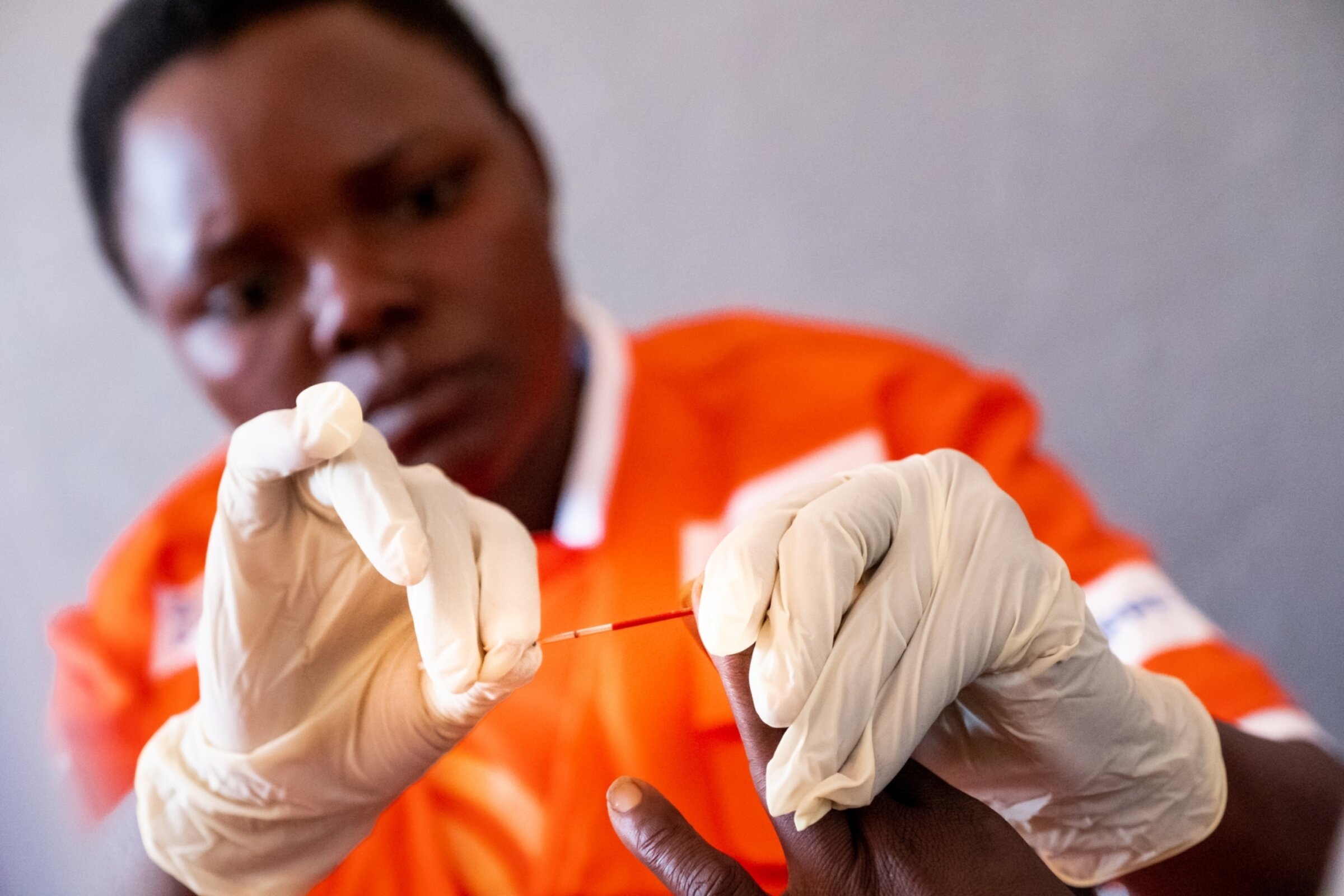
IPPF / Isabel Corthier
Guaranteeing sexual and reproductive health medical supplies and commodities are available in humanitarian settings when they are needed and to all who need them.
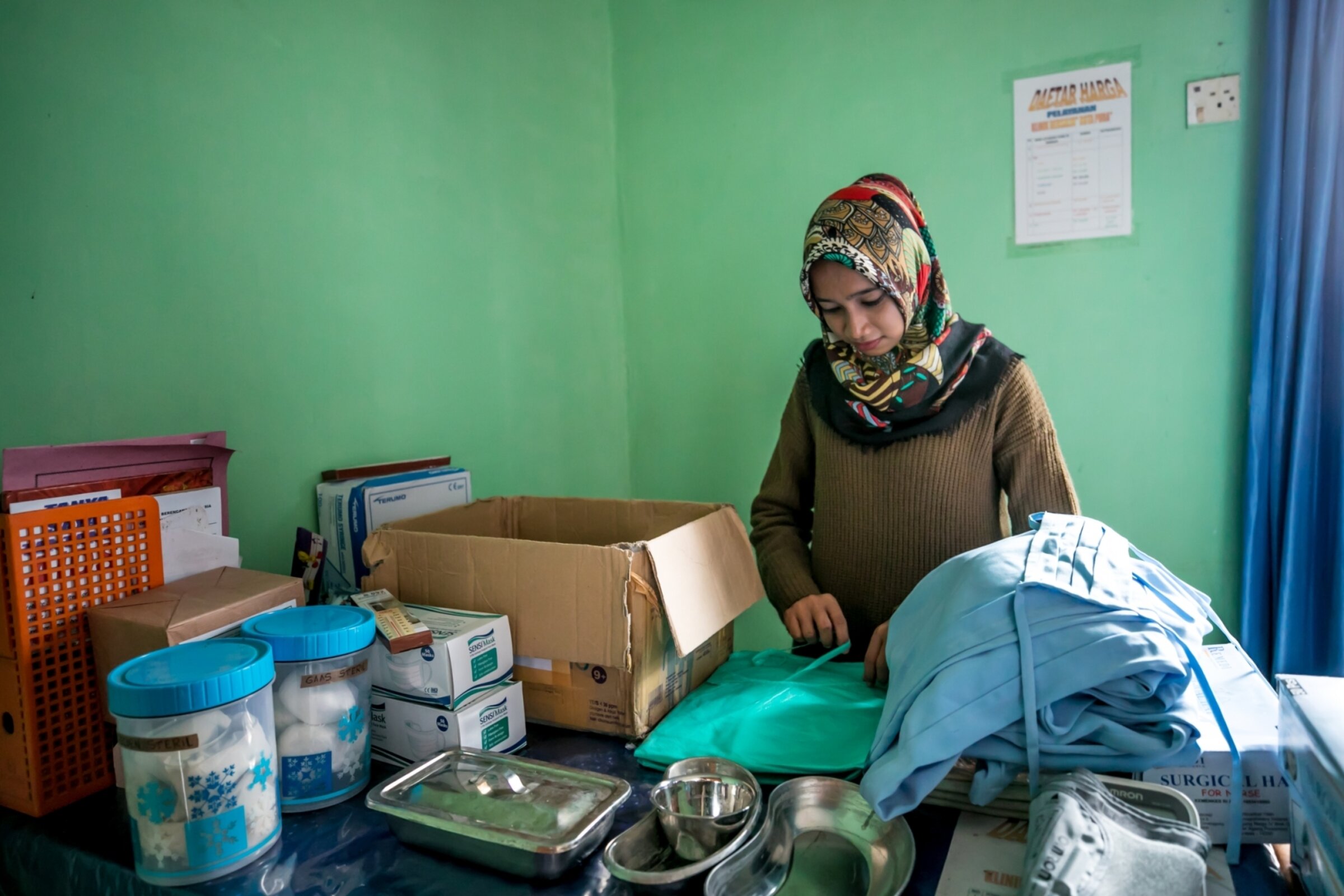
IPPF / Kathleen Prior
Insuring access to voluntary contraception (VC) during humanitarian settings, when the risk of unintended pregnancy and desire to prevent pregnancy often increases.
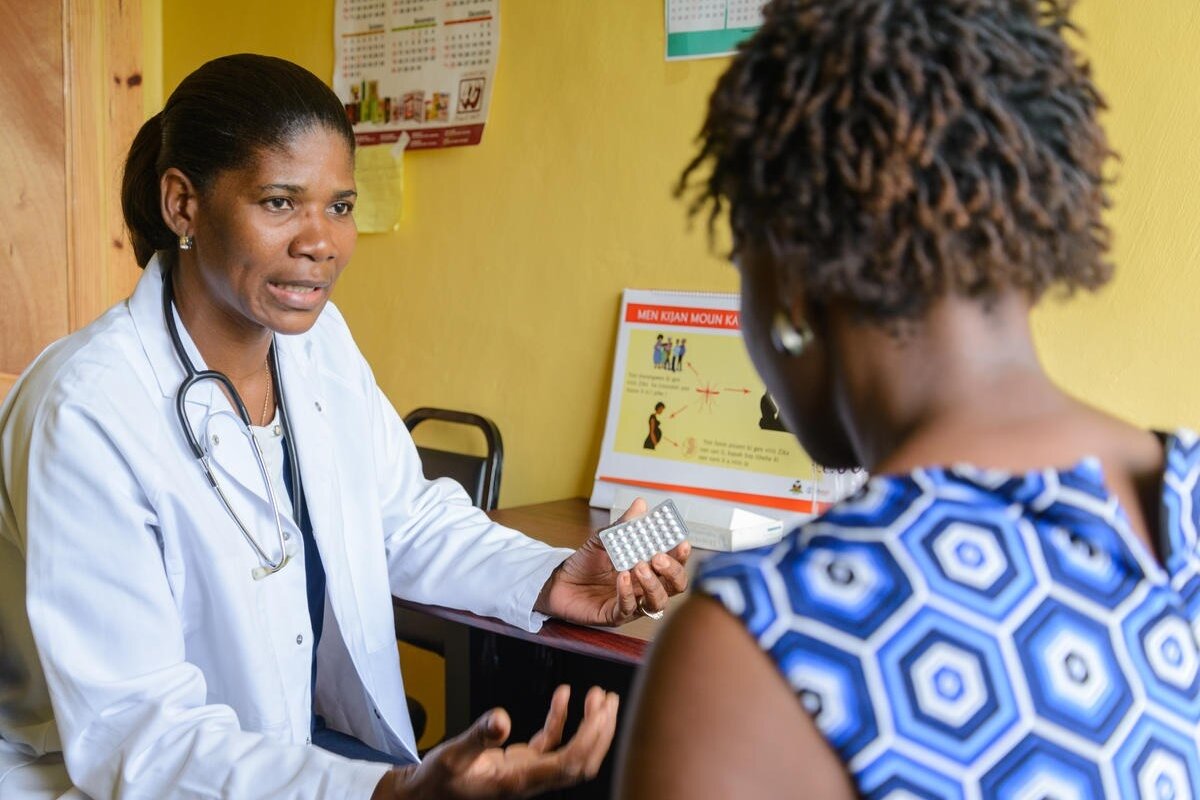
Save the Children / Reginald Louissant Jr
Stay Informed
Join our mailing list for updates on IAWG's work, events, and more.